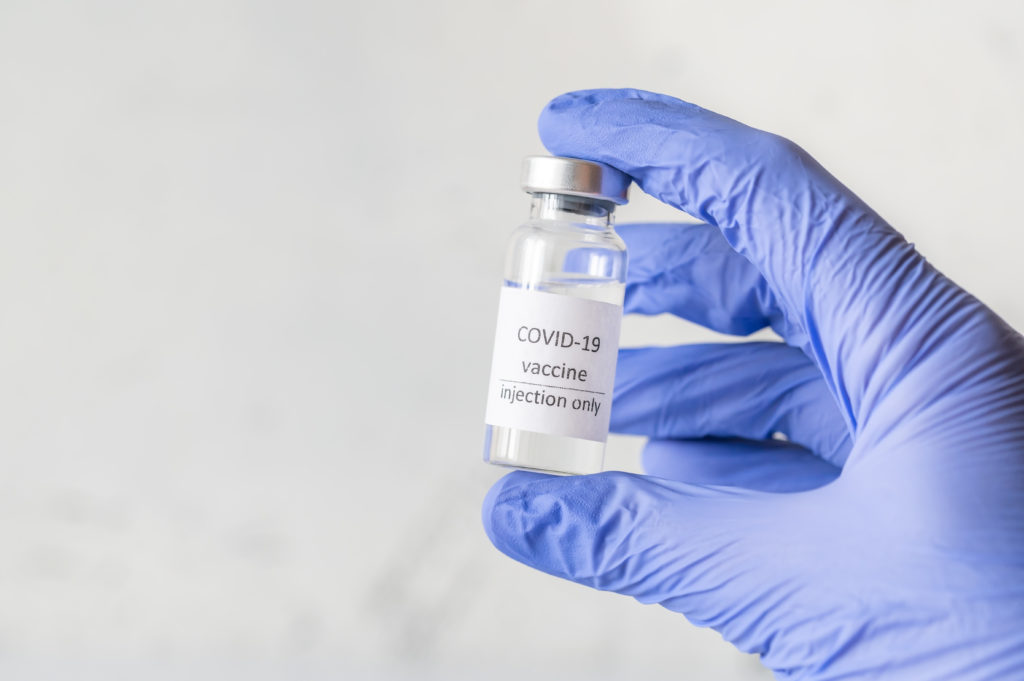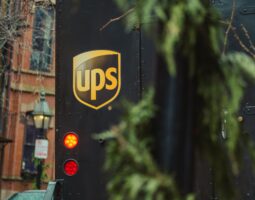COVID-19 Vaccine Distribution Process Begins

Distribution of the new Pfizer-BioNTech coronavirus vaccine began Monday after months of preparation and final FDA approval. The ambitious logistics effort seeks to disperse 2.9 million doses across all 50 states by the end of the week and a total of 20 million doses by the end of December.
Prepared and approved in record time to curb the spread of COVID-19, the vaccine presents as many challenges to logistics and transportation as it did during development and trials. The distribution effort will require coordination among government agencies and private companies alike. It is likely to cause disruptions to the rest of the logistics industry as well.
Preparing for Safe, Seamless Vaccine Transit
Chief among the concerns for the Pfizer-BioNTech vaccine distribution process is its cold-storage requirement. The vaccine must be transported at a frigid -94 Fahrenheit to maintain effectiveness. According to The Wall Street Journal, Pfizer has created its own container design to keep vaccine doses cold during transit.
The company has also partnered with both UPS and FedEx to establish a rapid distribution system. According to the Commercial Carrier Journal, FedEx and UPS have each ramped up their respective expedited networks to prepare for seamless vaccine delivery to every U.S. state. The logistics providers will use both their air and ground fleets to accomplish rapid transit to each corner of the nation.
Vaccines Distribution Ramps Up Amid Supply Chain Congestion
Despite optimism around the long-awaited first deliveries of the Pfizer COVID-19 vaccine, the news arrives while clogs and delays continue to mire the logistics industries.
Parcel shipping this holiday season has already seen challenges. E-commerce has surged as shoppers stay home rather than buy in person. Per USA Today, the addition of COVID-19 vaccine distribution to the situation is poised to worsen existing delays. That’s due largely to the fact that the logistics providers carrying the vaccine are themselves parcel carriers.
Challenges abound for trucking as well. Coronavirus vaccine distribution is ramping up as land carriers continue to grapple with driver shortages. Experts are reporting that some refrigerated carriers with the temperature-controlled capacity to transport the vaccine are upping pay to attract scarce truck drivers.
Roadblocks are popping up for international supply chains as delivery begins abroad. We have heard reports that various vaccines are quickly filling up space on air cargo flights and even causing freight forwarders to have cargo bumped. As a result, rates are increasing.
Inoculation Effort to Require Long-Term Logistics Coordination
The vaccine shipments that departed Monday are merely the first step in a long, sustained process of distribution throughout the U.S and the rest of the world. Experts expect vaccine distribution to be a months-long effort of continuous logistics coordination. As more vaccines are approved and distribution strategies further develop, supply chains are likely to see new challenges. Scarbrough Global‘s logistics experts will be here to keep you informed as the situation develops.

